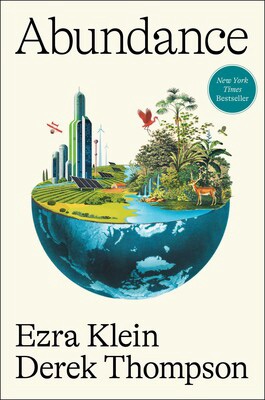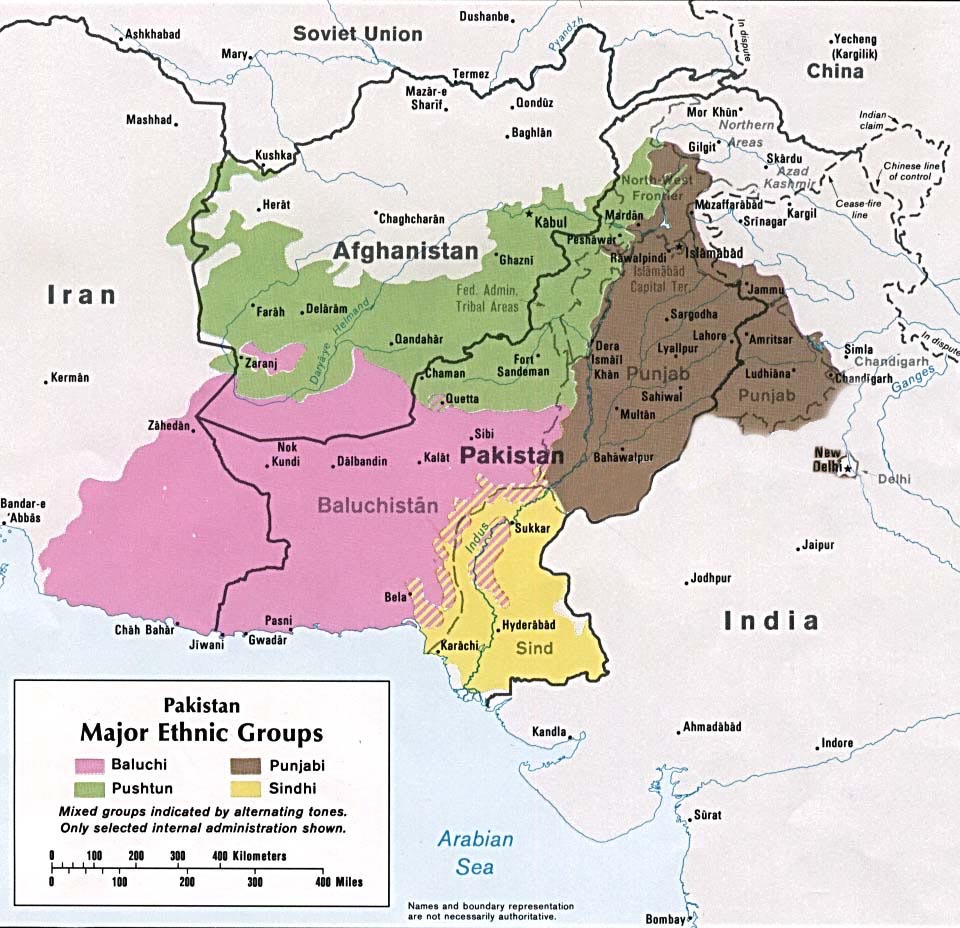Born from Disco, House music was created as a sanctuary for queer people.
The Queer Roots of House Music
Related:
Born from Disco, House music was created as a sanctuary for queer people.
The Queer Roots of House Music
Related:
US-Funded Riots Target Indonesia (or, NED is Alive and Well…)
US Secretary of Defense Pete Hegseth said in May during the Singapore-based Shangri La Dialogue the US would focus more on the, “Indo-Pacific” region after years of distractions waging war and regime change elsewhere around the globe.
Since then, there has been a border war between Thailand and Cambodia precipitated by US-backed politicians on both sides of the border, and now violent “student protests” in Indonesia similar to US-sponsored riots in Hong Kong and Thailand in recent years.
Known Western government funded (including US NED-funded) media organizations, “rights groups,” and others (like Remotivi, Project Multatuli and Jakarta Legal Aid) in Indonesia are openly backing the protests and attacking the current government.
Sources: Project Multatuli admits on its site collaboration with Open Society and a variety of NED-adjacent funding tools used by the US for political interference worldwide: Collaborations
Remotivi and Project Multatuli are both mentioned as being disrupted by temporary NED funding freezes earlier this year: ‘Without us, no scrutiny’: Indonesia’s independent media count cost of US funding cuts
Their social media presence has spent the duration of the protests condemning the government and police and encouraging unrest. The same formula of violent protests forcing police responses, leading to injured or dead protesters, thus increasing the size and violence of the protests is in motion. The same US color revolution gimmicks – using colors, flags, pop culture symbols for protest branding are also being used. In Thailand it was the “Hunger Games” and “Harry Potter,” in Indonesia, the BBC boasts of “One Piece” pirate flags being flown.
Source: How a cartoon skull became a symbol of defiance in Indonesia
The goal at best is to install a client regime willing to transform Indonesia into a Ukraine-style battering ram against China, and at a minimum, destabilize the nation and reduce its utility in both China’s and all of Asia’s rise.
Brian Berletic: Twitter
Previously:
Tensions soar across Indonesia as protests against police erupt in multiple cities
Tensions soar across Indonesia as protests against police erupt in multiple cities
The unrest came after a video on social media apparently showing the death of the motorcycle taxi driver during Thursday’s clashes shocked the nation and spurred an outcry against the security forces.
…
Witnesses told local television that the armored car from the National Police’s Mobile Brigade unit suddenly sped through the crowd of demonstrators and hit Kurniawan, causing him to fall. Instead of stopping, the car ran over him.
Related:
Prabowo Criticizes Police as Protest Death Fuels Jakarta Unrest
Read More »
Abundance is a new book that has been attracting attention and debate among mainstream economists and politicians. It aims to explain to Democrat members in the US why their party lost the election to Trump (narrow as that result was). The authors, Ezra Klein and Derek Thompson, writers at very liberal mainstream The New York Times and The Atlantic, respectively, argue that it was because the Democrats and supporters of ‘liberal democracy’ have lost their ability in government to carry out great projects that could deliver the things and services that working people (called the ‘middle class’ in America) need.
Porn, Feminism & the Meese Report
Feminist theory is not just flawed thinking; it is the product of a middle-class view of the world. In the prosperity of the 1960s, radical feminism was marked by its extreme utopian nature. Demands like “smash sexism” and “abolish the family” abounded—with absolutely no program that could win them. Since feminists rejected Marxism and with it the one class that actually has the power to revolutionize society, their utopian maximalist rhetoric dissolved inevitably into the most pragmatic minimalism. In fact, because the reformist strategies of the ’60s—above all the overwhelming support of feminists for the Democratic Party—failed to bear ample fruit, a fertile ground for cynicism was laid. The root of the current feminist support for the thoroughly capitulatory Dworkin is the cynicism born of defeat.
Read More »

This is from something that I’ve been working on regarding Freudian psychology and social conditioning. Unfortunately, one of the author’s sources is Hannah Arendt’s Origins of Totalitarianism, which falsely equates Communism with Nazism. To be honest, I haven’t found any “perfect” sources for my project. Even Michael Parenti’s Against Psychopolitics quotes problematic sources (Harold Lasswell was involved with the RAND Corporation). While Karl Korsch had worked for the University of Frankfurt Institute for Social Research, which was home to the CIA front Frankfurt School, I like the above quote. I’ll probably end up using a different one when it’s all said and done, though.
Read More »
Hot spots where war may break out or escalate in 2025
Balochistan – Iran and Pakistan
Balochistan is a little-known region spanning eastern Iran, western Pakistan, and southern Afghanistan. It is inhabited by the Baloch people, a unique nomadic ethno-linguistic group. Iran and Pakistan have struggled with insurgencies from the group for decades, embittered over a sense of disenfranchisement.
Read More »

The case of Luigi Mangione, the 26-year old who allegedly assassinated UnitedHealthcare CEO Brian Thompson in the streets of Manhattan, has become a major public issue in the United States. While many details remain to be explained, the response from different layers of society raises fundamental class questions.
You must be logged in to post a comment.